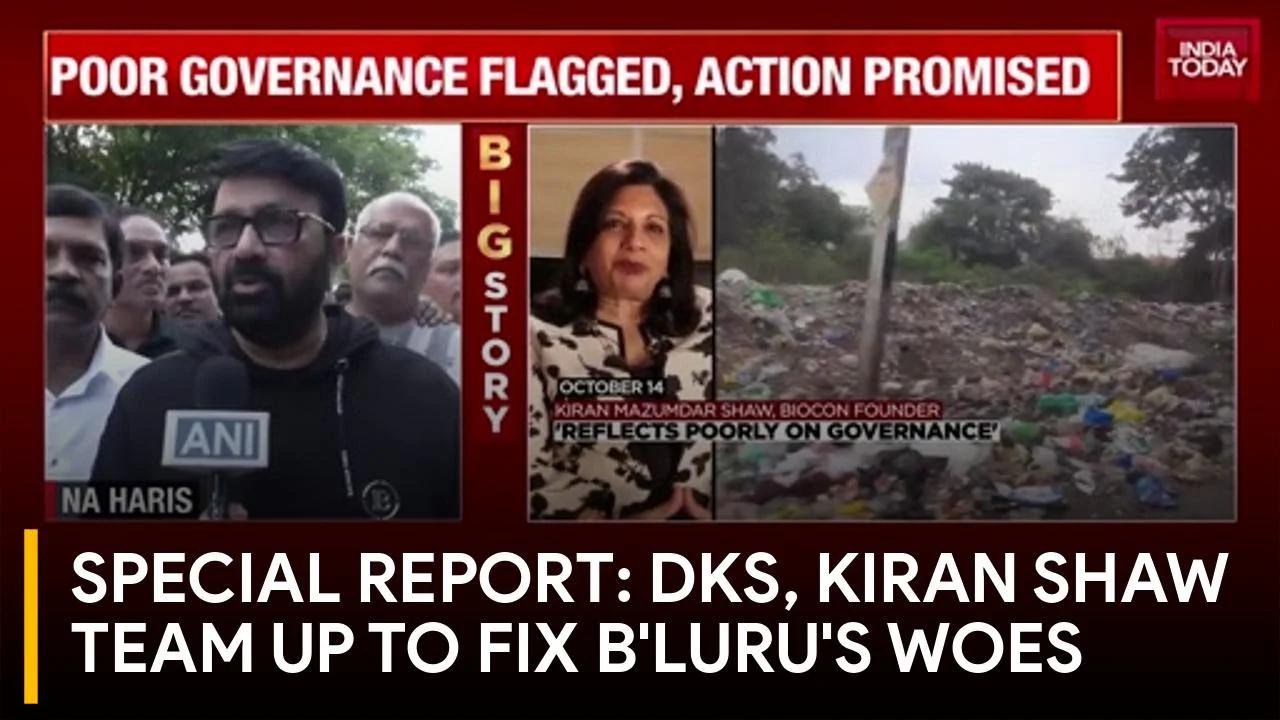Copyright CNBC

After a decade-plus career in human resources, Madeline Mann has a "behind-the-scenes" perspective on the job process, she says. Mann, the founder of career coaching business Self Made Millennial, realized while working as a recruiter that most job seekers had a limited understanding of what employers were looking for. During the hiring process, "it wasn't necessarily the people with the best background and education that would rise to the top," she says – it was the people who were savviest about navigating the job search. Mann shared her insights for job seekers in her recent book, "Reverse the Search: How to Turn Job Seeking into Job Shopping." Preparation is the key to success in job interviews, according to Mann: you're more likely to come off as calm and confident if you have a few go-to answers and anecdotes in your back pocket, she says. One "incredibly common" interview question that job seekers frequently struggle with is 'What is your biggest weakness?' she says. Here's her advice for job seekers on how to answer this tricky question. How to respond to 'What is your biggest weakness?' At its core, this question requires candidates to demonstrate their capability for self-reflection, she says. Many people attempt to sidestep the question with glib responses like "I work too hard," or "I'm a perfectionist," Mann says, but interviewers can usually tell when you're being insincere. A good answer requires candidates to strike a tricky balance, she says: you need to share a genuine weakness, but not one that's "something core to the job." If you're interviewing for an accountant role, don't tell the hiring manager that you hate using Excel, Mann says — "it'll get you disqualified immediately." Instead, according to Mann, your weakness needs to be real, specific and actionable: for example, "I struggle to get internal buy-in when I have a really big project." Avoid the temptation to ramble or over-explain, she says. It's best to keep this part of your answer brief before moving on to explain how you're working on it. Mann recommends describing the steps you've taken to mitigate the problem, like "I've been working on building my relationships with people in other departments," she says. Some other actions you could mention could be asking for more coaching from your manager or taking courses and reading books about a skill you're trying to master. "It shows that you're someone who's proactive," she says. Talking about weaknesses can be nerve-wracking for candidates, but hiring managers aren't asking this question as a 'gotcha,' Mann says. "Everyone has strengths and weaknesses, and if they're sincerely thinking about bringing you on, they just want to understand how to manage you," she says. Want to level up your AI skills? Sign up for Smarter by CNBC Make It's new online course, How To Use AI To Communicate Better At Work. Get specific prompts to optimize emails, memos and presentations for tone, context and audience.



